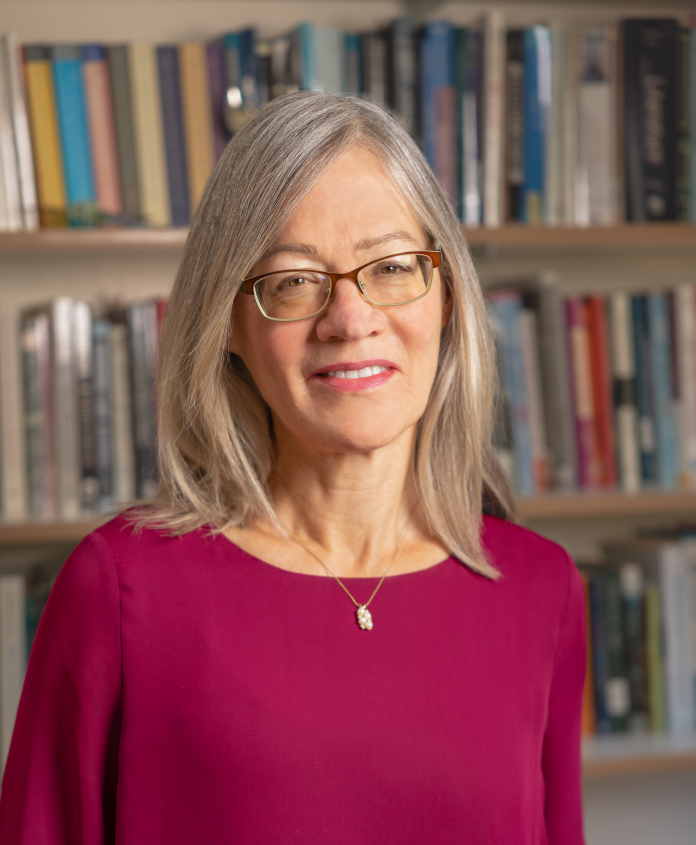Drake University board should preserve a comprehensive education
Welcome back to alums returning this week for the Drake Relays, and greetings to the wider Drake University community who take part in our annual celebration by attending track and field events, joining road races, and greeting friends old and new.
For all of us who care about Drake’s future, it’s an important moment to acknowledge that, like many universities, a changing outlook for higher education leaves Drake facing unprecedented challenges.
It’s been a difficult semester for faculty. We navigated a compressed timeline for a university-wide review of academic programs and addressed proposed program cuts that would eliminate accomplished professors of practice and tenured professors with strong records of scholarly achievement and teaching effectiveness.
Fortunately, colleagues have breathed a bit easier in recent days, as Faculty Senate voted on April 17 to retain programs in physics, astronomy, religion, and rhetoric and graduate programs in accounting and public administration. Looming just ahead, though, is the final decision, which happens at Thursday’s meeting of the Board of Trustees.
More: Drake University trustees to vote on belt-tightening elimination of majors, minors
Higher education faces many hard truths. An enrollment decline that started in 2010 will bump into the dreaded 2025 “demographic cliff,” which by some accounts will be accompanied by a national decline in college age young people. These trends could lead to a drop in enrollment from which universities like Drake might never recover.
It might seem sound business practice, then, to eliminate the costly investment in career lifetime positions that tenure represents. Indeed, according to a 2022 survey conducted by Inside Higher Ed, about 33% of university provosts no longer see tenure as viable at their institution, and 60% of academic administrators prefer alternatives to tenure such as long-term contracts. These numbers suggest a gradual and possibly inevitable sea change for which higher education must prepare. As new educational delivery models threaten to splinter and diminish the traditional residential college experience, Drake will need more than a balanced budget; it will need visionary leadership from every level of administration as well as from our faculty.
That’s not going to happen by eroding our educational mission.
One concern (among many) faculty felt upon undertaking the review process in good faith was that the number of majors within a program over time appeared to be the sole determining factor for elimination, without regard for enhancement of educational mission, a clear violation of American Association of University Professors guidelines. That’s troubling. To be sure, our curriculum must adapt to students’ educational needs in a changing workforce. But a curriculum is not a retail product line, and chasing trends is not our mission.
A truly comprehensive college education can create lifelong passions students might not otherwise discover. In fact, some workforce analysts predict they’re going to need it. Jobs once seen as unassailable — in engineering, insurance, legal and medical assistance, finance — may be eclipsed by artificial intelligence. Future careers may lean into humanistic inquiry.
I’m thinking about a neuroscience major in my writing seminar who recently discovered she is in love with big ideas. She has been struggling toward concepts she had not yet encountered that echo Plato’s “Allegory of the Cave,” from "The Republic." I’ve shared it with her, even as colleagues in programs that ask the great "why" questions — of language and belief, of material existence, of the heavens — fight to retain their jobs. It makes me realize how inter-dependent a comprehensive education really is. Eliminating an academic discipline is not just a one-off; it’s a turn of the screw in our ability to deliver on our promise.
Drake’s Shaping Our Future website states that “innovation is our way forward.” That’s why I’m inspired by the energy and connection I’ve seen in recent weeks as faculty from across colleges stress the importance of unity with the board, senior administration, and one another in seeking to increase revenue and cut costs. One colleague offered this excellent idea: reserve a modest percentage of all unrestricted donations (3% to 5%) for academic programs.
As Drake nears the successful completion of a $200 million dollar campaign, it should be safe to dream a little. Together.

Carol Spaulding-Kruse is a Professor of English at Drake University where she has taught since 1996.Contact: carol.spaulding@drake.edu.
This article originally appeared on Des Moines Register: Drake trustees should preserve a comprehensive education
